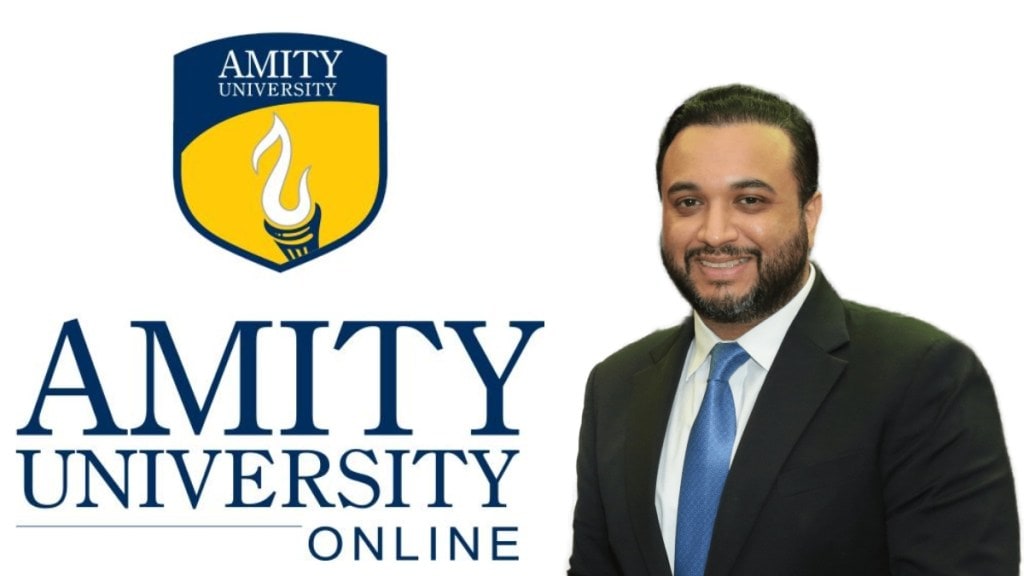At a time when ed-tech companies are rolling out offline centres, Amity University has gone online with Amity University Online. The online company has 11 degree programmes which are aimed at both students and working professionals. In a conversation with FE Education, Ajit Chauhan, chairman, Amity University Online, talks about the USP of online education run by the education group. (Edited Excerpts)
When were online learning programmes launched? How has it been so far?
The online degree programmes were launched after the regulations came in 2018-19, the moment we started functioning we had an active learners base of approximately 30,000-degree learners. We have a male and female ratio of 66-34 – with the former being male and the latter being women. However, we have gradually seen an uptake of online degree programmes among a lot of female students. A large number of students come from across the country and some from international markets as this is boundary-less education. That’s what online empowers.
So which are the areas that you’ve seen the uptake and high uptake?
Amity University is a large brick-and-mortar or offline player, we have campuses across India and across the world as well. However, we have always believed that education has to reach the last mile, especially to people who don’t have access to quality education. Our mission is really to spread education and make an impact and this has to come to life. For a very long time before the pandemic, we ran our Distance Learning programmes and after that online was but a natural progress. In FY22, tier-1 and tier-2 cities accounted for 27% of learners, respectively, while tier-3 cities accounted for 46% of learners.
The country has already seen its share of ed-tech companies. What was the idea of taking Amity online?
In 2000, this was before regulations were rolled out, we had started developing content for online as we really believed in the power of digital media and economy. Once we got approval, we started rapidly increasing our presence across the country and across the world. We got approval for PG/UG at that time we had 24-degree programmes, but post approval we have 11 degree programmes. When Covid hit in 2021, it impacted mostly K-12 learners besides university learners. But all universities, of course, adopted remote learning. It wasn’t really online learning, it was remote learning. Interestingly, post covid all ed-tech companies started to build offline while we at Amity which operators in the space of higher education taking education to a wider base including working professionals and people who have not been able to complete their degrees due to various reasons.
What is the USP of your online education when compared with e-tech companies?
We have six UG (undergraduate) and five PG (post graduate) programmes along with placement assistance across Management, IT, Commerce, Arts and Humanities , Emerging Tech, among others. We have created a great learning experience such as India’s first AI professors – Professor AMI, audio books for learning on-the-go, and sending physical books at doorstep.
In terms of placement assistance we have a holistic programme which covers job readiness as well as provide placements support across more than 300 hiring partners. Furthermore we offer multiple platforms to students to enhance their skill set beyond the academic curriculum. For example: masterclass on resume building, how to handle interview questions besides hosting sessions called Skillify to enhance professional skills beyond the curriculum.
How do you plan to promote the Ab Kabhi Bhi Padho India, Bas Aage Badho campaign?
We strongly believe that being a 30 year old institution, it’s our natural responsibility to take such brilliant initiatives and reforms by the government to the masses. In Fact we ensured that this reform is a mandatory communication in our print campaign during Feb 2023 with full page ads in Hindustan Times, Times of India, and the Economic Times. We were amongst the first few universities notified by UGC for online degree programmes. Our marketing outreach is completely focused to spread awareness about online higher education being the solution to success for each and every Indian who is always aspirational to grow and move ahead in life. That is Kabhi Bhi padho India, Bas Aage Badho! We have been drove this awareness on major sporting events such as the Indian Premier League 2023, India Australia cricket series, besides OTT platforms.
Online versus on-campus what is the difference in the fee structure?
This is the kind of a problem that online or digital education is solving. Digital is solving issues related to accessibility including financial. So the difference is about one:eight to 1:10. So if an offline MBA costs anywhere Rs 12-15 lakh, online MBA will cost Rs two lakh. That’s very affordable. And undergraduate programmes cost around Rs 1.65 lakh.
Follow us on Twitter, Facebook, LinkedIn

